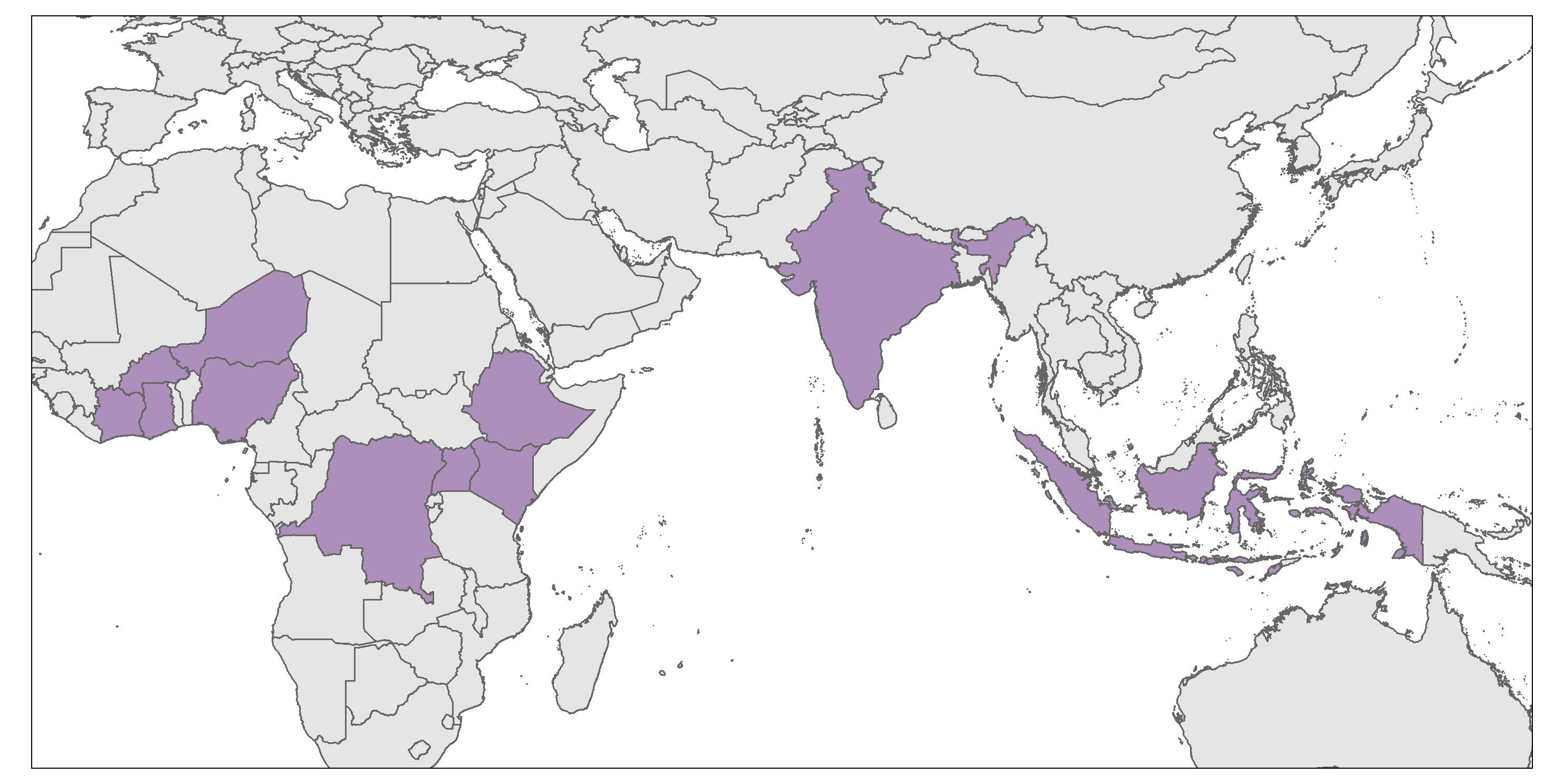About IPUMS PMA
What is IPUMS PMA?
IPUMS PMA is the harmonized version of the international family planning survey series Performance Monitoring for Action, or PMA (formerly known as Performance Monitoring and Accountability 2020 or PMA2020). IPUMS PMA codes variables consistently across countries and survey years to facilitate pooling, trend analysis, and comparative research. A free online web dissemination system allows users to create custom microdata files that they download for analysis. The web dissemination system includes documentation for each variable, including a description of the variable's meaning, discussion of comparability issues, sample universes (who was included in the question), and associated questionnaire text. Users can browse variables by topic from a drop-down menu, in alphabetical order, or via keyword search. IPUMS PMA is modelled after other IPUMS projects, which are used by thousands of researchers, students, and policymakers worldwide.
IPUMS PMA is a collaboration between IPUMS, the Bill & Melinda Gates Foundation, and the PMA team at Johns Hopkins University.
What is Performance Monitoring for Action (PMA)?
The Performance Monitoring for Action (PMA) surveys collect data from households, women, and service delivery points in 11 countries that have pledged to participate in the Family Planning 2020 (FP2020) effort. It was formerly known as Performance Monitoring and Accountability 2020 (PMA2020). Family Planning 2020 is a global partnership that supports the rights of women and girls to decide for themselves whether, when, and how many children they want to have.
The goal of PMA surveys is to collect annual data for monitoring key indicators of family planning use, water access, sanitation, and health in participating countries. These data are designed to monitor progress towards FP2020 goals at low cost and with rapid turnaround using resident enumerators. Sampled households answer questions about their household composition, assets, and sanitation facilities. Women of childbearing age within the same households answer additional questions about fertility preferences and family planning use. In the same enumeration areas as the households, PMA enumerators survey knowledgeable staff from service delivery points (such as clinics and pharmacies) about the type of family planning products and services provided at that location.
The first round of PMA surveys were fielded in 2013 in two of the participating countries, and data are now available for eleven countries. As a relatively new survey project, PMA will continue to develop over time, to fill data gaps for family planning indicators in participating countries.
Over time, PMA has also conducted surveys on additional topics such as a the impacts of COVID-19, child nutrition, and maternal and newborn health. Beginning in 2019, family planning surveys changed to include a panel design that follows up with women of childbearing age over time.
PMA is funded by the Bill & Melinda Gates Foundation and executed by a team of researchers at Johns Hopkins University and their international partners.
For additional information about the data collection protocol and PMA data, please see the data paper produced by the PMA team.
Countries included in IPUMS PMA





